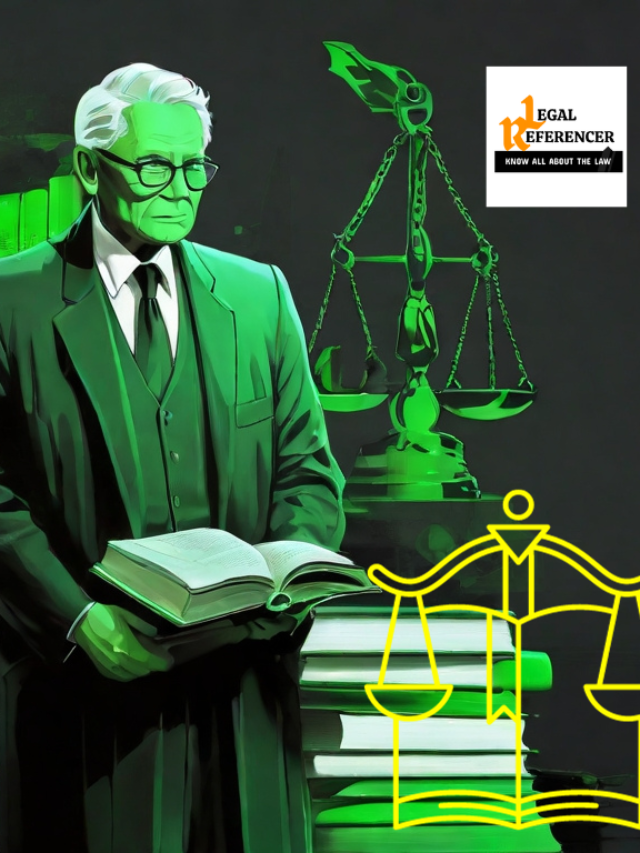Verify police reports for aspiring lawyers before granting licenses- The Allahabad High Court’s recent directive to the Government of Uttar Pradesh and the State Bar Council is a crucial step towards ensuring the integrity of legal practice in the region. The key point of the Directive is the imperative need for a thorough assessment of the applicant’s background before being admitted to the bar.
In the case of Pawan Kumar Dubey v. State Of U.P. And 3 Others, the division bench, comprising Justice Saumitra Dayal Singh and Justice Vinod Diwakar, underscored the significance of due diligence in this process. The Court emphasized that a meticulous review of an applicant’s criminal history is paramount to prevent individuals with such records from obtaining licenses from the Bar Council of Uttar Pradesh.
The Court’s directive explicitly mandates the prompt issuance of necessary directives by the respondents—namely, the State of UP and the State Bar Council—to ensure the solicitation of appropriate police reports from pertinent Police Stations concerning all existing and new applications for licensing. This parallels the process undertaken for the issuance of passports, emphasizing the gravity and thoroughness of the assessment required in the legal realm.
An important facet highlighted by the Court was the provision for the issuance of provisional licenses before the receipt of the police report. However, the Court also laid out the condition that if an adverse report surfaces subsequently, the provisional license may be subject to revocation. This provision acts as a balancing mechanism, facilitating the continuation of legal practice while ensuring the utmost prudence in monitoring any potential risks posed by applicants with dubious backgrounds.

The genesis of this directive stemmed from a petition that raised concerns about an individual who managed to secure a license to practice law despite having a significant criminal record comprising fourteen pending cases, four of which resulted in convictions. The Court took cognizance of this alarming scenario, acknowledging the potential societal and professional harm that might arise from allowing such individuals to practice law freely.
Furthermore, the Court, cognizant of the lapse in expeditiously addressing the filed complaint since September 2022, directed the State Bar Council to expeditiously resolve the disciplinary proceedings within a stipulated period, ideally within three months. This urgency underscores the Court’s commitment to swift and decisive actions in addressing such crucial matters of legal discipline.
The Court’s apprehension about the ramifications of permitting individuals with extensive criminal histories to practice law was palpable in its statement. It underscored that such leniency in licensing could be detrimental not only to society at large but also to the sanctity of the legal profession. The Court explicitly cited the Advocates Act, highlighting the legal prohibition against admitting individuals with such backgrounds into legal practice.
Moreover, the Court expressed disappointment in the State Bar Council’s failure to devise a robust procedure ensuring mandatory police verification for all fresh applications seeking licenses to practice law within a stipulated timeframe. It emphasized that applicants carrying any criminal charges or convictions are duty-bound to disclose such information during the application process. Failure to do so could lead to outright rejection at the initial stage. The Court found it disconcerting that the Bar Council had not yet established a procedural framework to enforce its own regulations effectively.
As a result, the Court directed the Bar Council of Uttar Pradesh to institute a stringent protocol mandating the consideration of police reports before issuing licenses for legal practice. This directive seeks to fortify the screening process, ensuring that licenses are only granted subsequent to a comprehensive assessment of an applicant’s background.
Advocate Suresh Chandra Dwivedi acted as the legal representative for the petitioner, while Additional Chief Standing Counsel Arimardan Singh Rajput represented the State of Uttar Pradesh in this significant legal proceeding.
The ramifications of this directive are multifaceted. It not only underscores the importance of transparency and accountability in legal practice but also signifies a significant step towards safeguarding the integrity and credibility of the legal profession within Uttar Pradesh. The directive’s impact is expected to resonate profoundly, prompting similar considerations and actions in legal jurisdictions across the country, potentially shaping a more stringent and responsible legal framework.
Also Read: DO NOT STOP ADVOCATES FOR ALLEGED TRAFFIC VIOLATIONS
